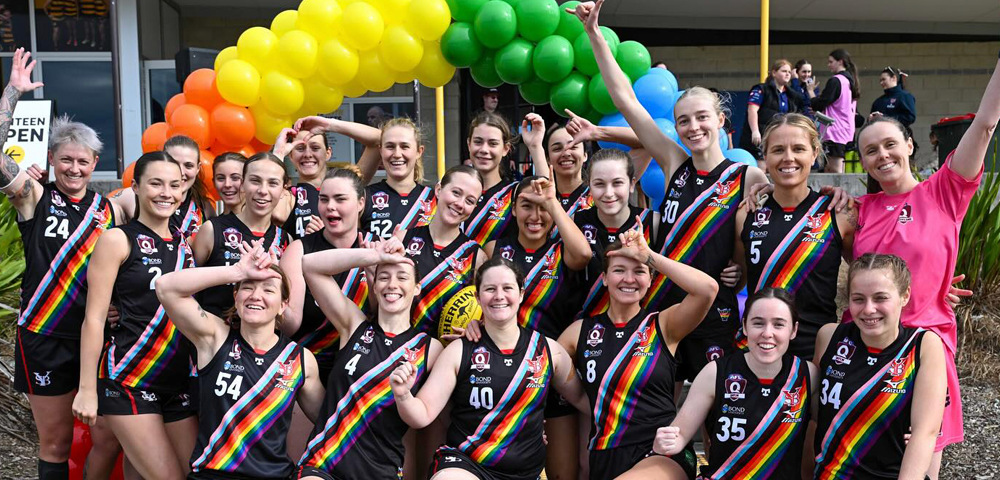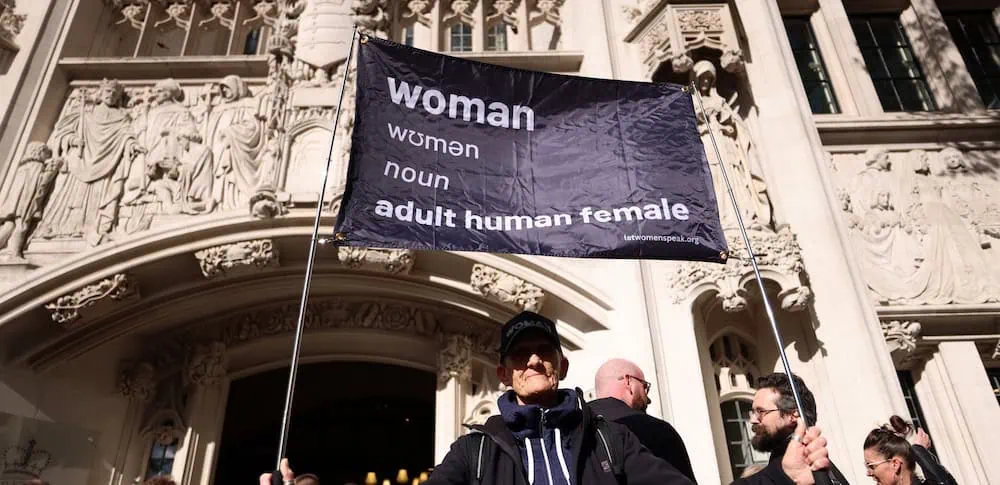
Gay dads’ brains shows combined characteristics of mums and dads: study

A NEW study has found that gay dads’ brain activities are like new mothers’ and fathers’ brains combined.
The study, published in the Proceedings of the National Academy of Sciences of the United States of America (PNAS) this week, states that a baby alters new mothers’ brain activity, and that evidence of such changes are also found in the brains of gay men raising children.
According to the research, in which 48 gay fathers took part, the men’s pattern of brain activity resembles that of both new mothers and new fathers.
Eighty-nine new mothers and fathers were videotaped interacting with their children, before having their brain activities and reactions measured and recorded while watching videos of their children.
For 20 mothers in the study, who were all primary caregivers, watching their children triggered heightened activity in the brain’s emotion-processing regions, especially in a structure called the amygdala, which was five times more active than at baseline.
Meanwhile, the 21 heterosexual fathers, who raised their children but were not the primary caregiver in the parenting, watching their child increased activation of cognitive circuits, which primarily interprets a baby’s cries and non-verbal cues.
However, the 48 gay fathers in the study who were raising children with their husbands showed both an increase in emotional sensitivity and cognitive focus at the same time.
The study was initiated due to previous research that showed the brains of new mothers became hyper-reactive to their child’s cries and other emotional cues, yet was unclear if that was because of the hormonal or other changes as a result of pregnancy or the experience of motherhood.
Researchers have hinted that the study, which could feed into the debate over whether gay men should be allowed to adopt children, shows that parenthood changes a person’s brain activity regardless of their gender and if they are a biological parent or not.









